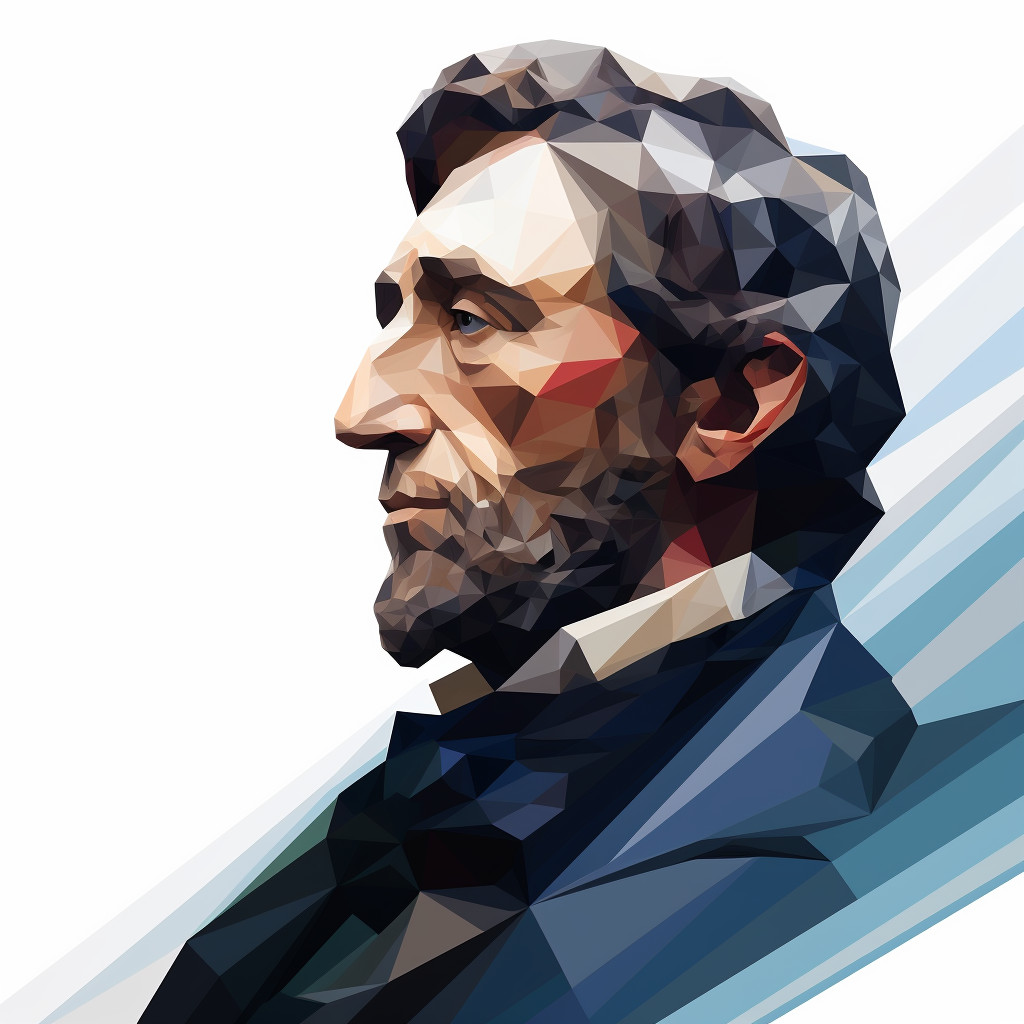This quote implies that the journey to discovery, whether it’s personal, intellectual, or geographical, often involves straying from the beaten path. It suggests that those who dare to venture into the unknown, who are willing to get ‘lost,’ are the ones who end up in fascinating places or states of being. This does not necessarily mean literally getting lost in a physical sense, but it could also mean losing oneself in thought, in passion, or in pursuit of something new and different.
The idea of getting lost implies a departure from the familiar and comfortable, a willingness to take risks, and an openness to new experiences and ideas. It suggests a certain boldness and courage, as well as a willingness to embrace uncertainty and ambiguity. It’s about stepping out of your comfort zone, challenging your preconceived notions and beliefs, and opening yourself up to new possibilities and perspectives.
In the context of personal development, this quote encourages us to embrace the unknown and to see the value in making mistakes, in not always knowing where we are going, and in being open to the unexpected. It reminds us that growth often comes from challenging situations and that we learn more about ourselves when we are tested and pushed beyond our limits.
In today’s world, where we are often encouraged to follow certain paths or to stick to the tried and true, this quote is a reminder of the value of exploration, innovation, and creative thinking. Whether it’s in business, science, art, or any other field, the people who make the most significant breakthroughs are often those who are not afraid to get ‘lost’ and to chart their own course, even if it means going against the grain or challenging the status quo.
In summary, this quote is a celebration of the explorers, the innovators, the dreamers, and the seekers. It’s a call to action for all of us to dare to get lost, to embrace the unknown, and to open ourselves up to the possibility of ending up somewhere interesting and unexpected.




